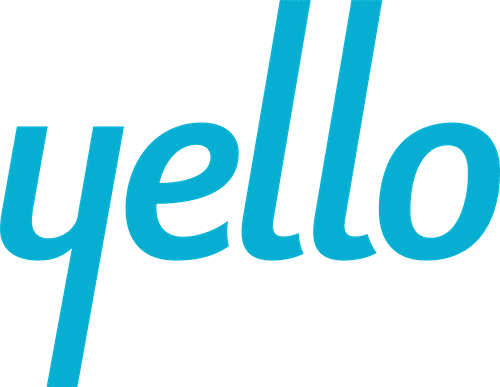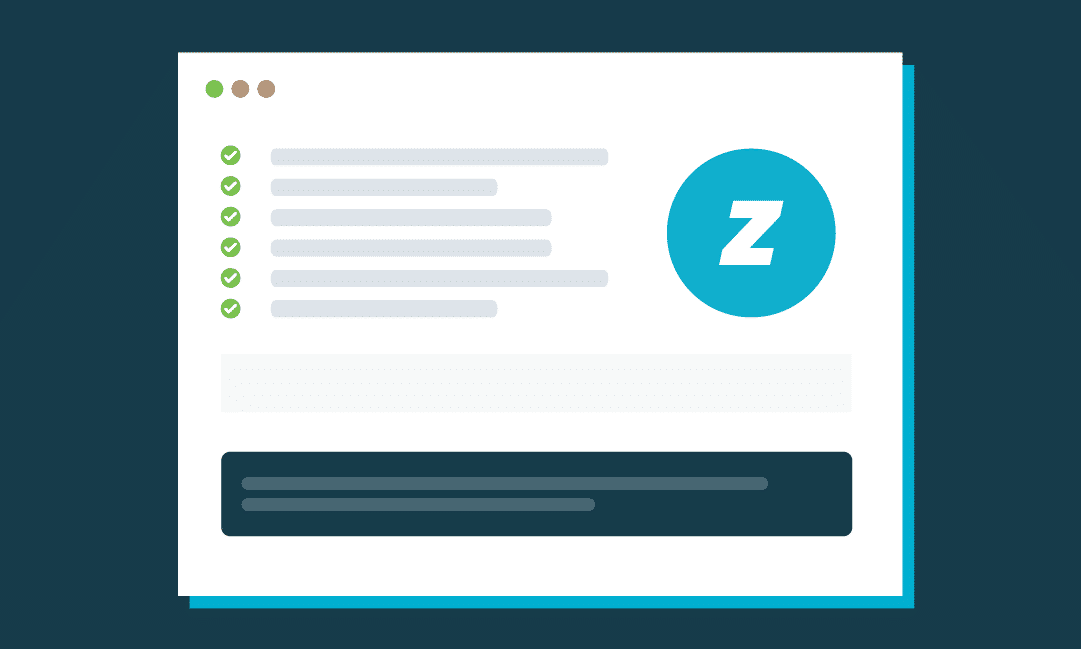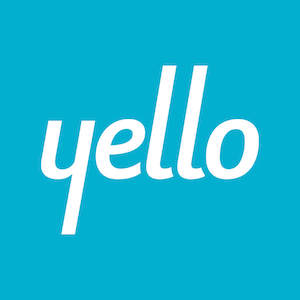A well-crafted job description is the key to attracting top talent. Think of it as your company’s resume—it’s a first impression for candidates, and serves as an overview of what they should expect when they come to work. And if you’re hoping to attract Generation Z candidates to your organization’s internships and entry-level roles, you’ll need to use language that connects with them.
What do Generation Z job seekers care about most?
According to the 2019 Yello Recruiting Study, Gen Z cares more about job responsibilities than any prior generation.
Generation Z job seekers want to know about what your company does, yes. And they want to know that they’re going to be fairly compensated, of course. And yes, they want a culture that respects work-life balance. But those are things about your employer brand that millennials and Generation X job seekers like as well.
Unique to Gen Z is a strong desire to do meaningful work. They want to make an impact on a day-to-day basis. Unlike their older colleagues, who value things like career growth opportunities, Generation Z candidates are the only generation to rank job duties and projects in their top three considerations when looking for a job.
How to make your job descriptions stand out to Gen Z
Although writing job descriptions for your organization is a big job, there are a few easy updates you can start making right now. Here’s how to make your job descriptions more appealing to Gen Z applicants:
1. Write for your audience
Don’t throw away a perfectly good job description just because it wasn’t written for the youngest generation. After all, you likely still employ millennials and Gen X-ers. Before you post a new open role, think about who’s most likely to apply. Is it an entry-level job? Include the details that are most important to Gen Z applicants. Is it a management or senior-level role? Focus on what millennials and Gen X care about. Think like a good recruitment marketer and segment your job description messages according to their intended audiences.
2. Use descriptive job titles
You don’t need rock stars or ninjas or wizards–you need highly qualified candidates. If you get cute with titles, you risk missing your audience altogether. Gen Z takes work seriously, and this should be reflected in the job title associated with each open position. If you want to showcase the fun-loving spirit of your recruitment brand, do so with more compelling (and less cliché) content that will further draw in your candidates.
3. Turn “Requirements” into “How You’ll Make an Impact”
Traditional job descriptions have a “Requirements” section that outlines the qualifications a candidate needs in order to be considered for a role. But Gen Z cares more about how they’ll add value to your company rather than what’s required of them.
Making the switch doesn’t have to be complicated. Take the content you already have–your “required skills” or “required experience” section–and tweak the language so that it describes the job duties and responsibilities that will be accomplished every day. Consider section headlines like “About This Role” or “What You’ll be Doing,” as well as a separate section that covers the job’s specific impact (good section headers for this kind of content include “How You’ll Make a Difference” or “The Impact You’ll Provide”).
4. Make your job descriptions easier to read
While the content of your current job descriptions may be perfectly adequate and cover all your bases, you can still lose candidates if what you’ve put together is hard to read. To make sure your job listing is the best it can be, review your writing carefully. It should be concise and easy for a reader to scan (think bulleted list vs. long paragraph). Make things personal to applicants by tossing out sterile, third-person language like “candidates” or “employees” in favor of the much more friendly “you” and “we.”
5. Include a 30/60/90-day plan
Remember, the oldest Generation Z candidates were born in 1997, which makes them 22 years old right now. These candidates are just graduating and finding their first jobs, which means they don’t have much experience in being a full-time employee yet. Providing a 30/60/90-day plan with your job descriptions lets Gen Z job seekers know that you have a plan for them and that you’re ready to help them acclimate to their jobs and assimilate into your culture. It also gives candidates an actionable checklist of what they can do to be most impactful during onboarding, which is especially important to this newest generation of candidates.
6. Add multi-media elements to your job listing
With social media recruiting on the rise, marketing materials like graphics and video are more important than ever. And that goes for job postings too—it’s not enough to post a long, text-heavy list of roles and responsibilities. Consider creating visual job descriptions that include things like a company culture video and quotes from hiring managers. Many companies are now including salary range and a profile of their “ideal candidate” as well. Getting creative with your job descriptions will help your organization stand out from the crowd.
Although candidates from Generation Z share some traits with older generations, these job seekers have attitudes, behaviors, and influences that are uniquely their own. Tailoring your company’s job descriptions to speak to their unique set of values will help you find more engaged candidates who are motivated to make an impact.




